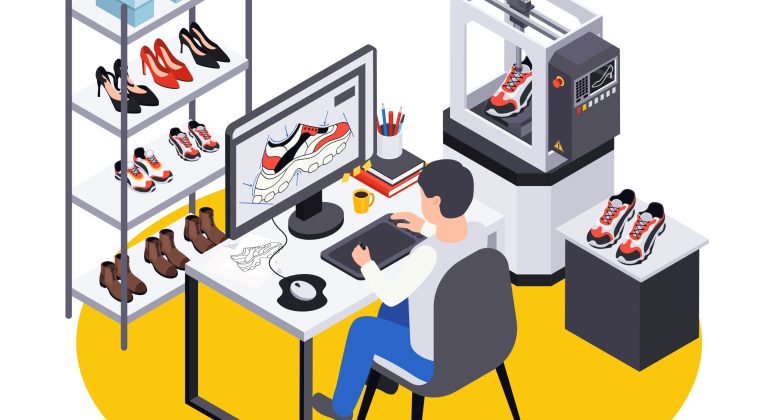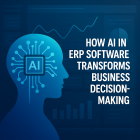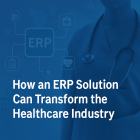THE TOP FEATURES TO LOOK FOR IN A FOOTWEAR ERP SOFTWARE
Just as the right pair of shoes can make all the difference in comfort and style, the right ERP software can transform the way a footwear business operates. In an industry where style, supply, and efficiency intersect, having an ERP system that fits your business perfectly is as essential as the soles on your sneakers. The ideal ERP software should empower you to stride confidently forward.
But with so many options available, how do you choose the right one? In this guide, we’ll lace up and walk you through the top features to look for in footwear ERP software.
Key Features Your Footwear ERP System Must Have
1. Inventory Management
One of the most important parts of any store, including shoe stores, is keeping track of their inventory. With a good ERP system, you should be able to see your inventory amounts, sales, orders, and deliveries all at the same time. It should be able to read barcodes, reorder itself automatically, and have a size and color matrix.
For example, Finac ERP software has a configurable inventory module that keeps track of inventory first-in, first-out, in batches, across multiple warehouses and retail sites, and makes it easy to make changes to stock.
2. Product Lifecycle Management (PLM)
A shoe’s lifetime is complicated, spanning from design and manufacture to sales and after-sales servicing. Detailed PLM capabilities like as sample tracking, cost calculation, design management, and quality control should be available in a decent ERP program.
3. Supply Chain Management (SCM)
Management of the supply line is another important part of the shoe business. There should be demand forecasting, order management, supplier management, and logistics management built into the ERP program. It should also show the supply chain in real-time so that choices can be made based on accurate information and bottlenecks can be located.
4. Customer Relationship Management (CRM)
Managing how a business talks to current and future customers is what CRM is all about. CRM tools like customer segmentation, campaign management, lead and opportunity management, and customer service should be built into the ERP software.
5. Sales and Distribution
The ERP software should have all the features needed for sales and distribution, such as handling orders, sending invoices, and receiving returns. It should also have tools like managing discounts and sales, selling on multiple channels, and customer loyalty programs. For instance, Finac ERP software has a sales module that makes it easy to make quotes, sales orders, and invoices, and it keeps track of all contacts with customers who pay with credit and those who pay cash.
6. Financial Management
The most important part of any business is its financial control. There should be a general ledger, accounts payable and receivable, cash flow management, and financial reporting in the ERP program. It should also provide compliance with local and international financial regulations. The accounting module in Finac ERP software makes customized groups of accounts for your business and a customized general ledger based on your specific needs.
7. Business Intelligence (BI)
Business intelligence (BI) gives companies useful information that helps them make smart choices. Dashboards, reports, data visualization, and predictive analytics should all be part of the ERP program.
8. Integration Capabilities
ERP software should be easy to connect to other business systems, such as POS systems, e-commerce platforms, and third-party apps. This makes sure that data flows smoothly between systems, which increases speed and lowers the chance of making mistakes by hand.
9. User-friendly Interface
The ERP software should have an intuitive and user-friendly interface. It should be easy to navigate, and users should be able to customize it according to their needs.
10. Scalability
Scalability of the ERP system should be possible to support company expansion. More users and more data should not affect its performance.
Stepping Into the Future with Confidence with FINAC ERP!
The features we’ve walked through are essential not just for keeping pace with today’s demands but for outpacing tomorrow’s challenges. With the right tools, your business can not only run more efficiently but also adapt more dynamically to the ever-changing fashion landscape.
FINAC offers specialized ERP consulting to ensure that your footwear business doesn’t just adopt an ERP system but optimizes it to maximize every step of your operations. Take the leap and transform your footwear business with an ERP solution that fits like a glove—or in this case, like the perfect pair of shoes with FINAC!






Recent Comments